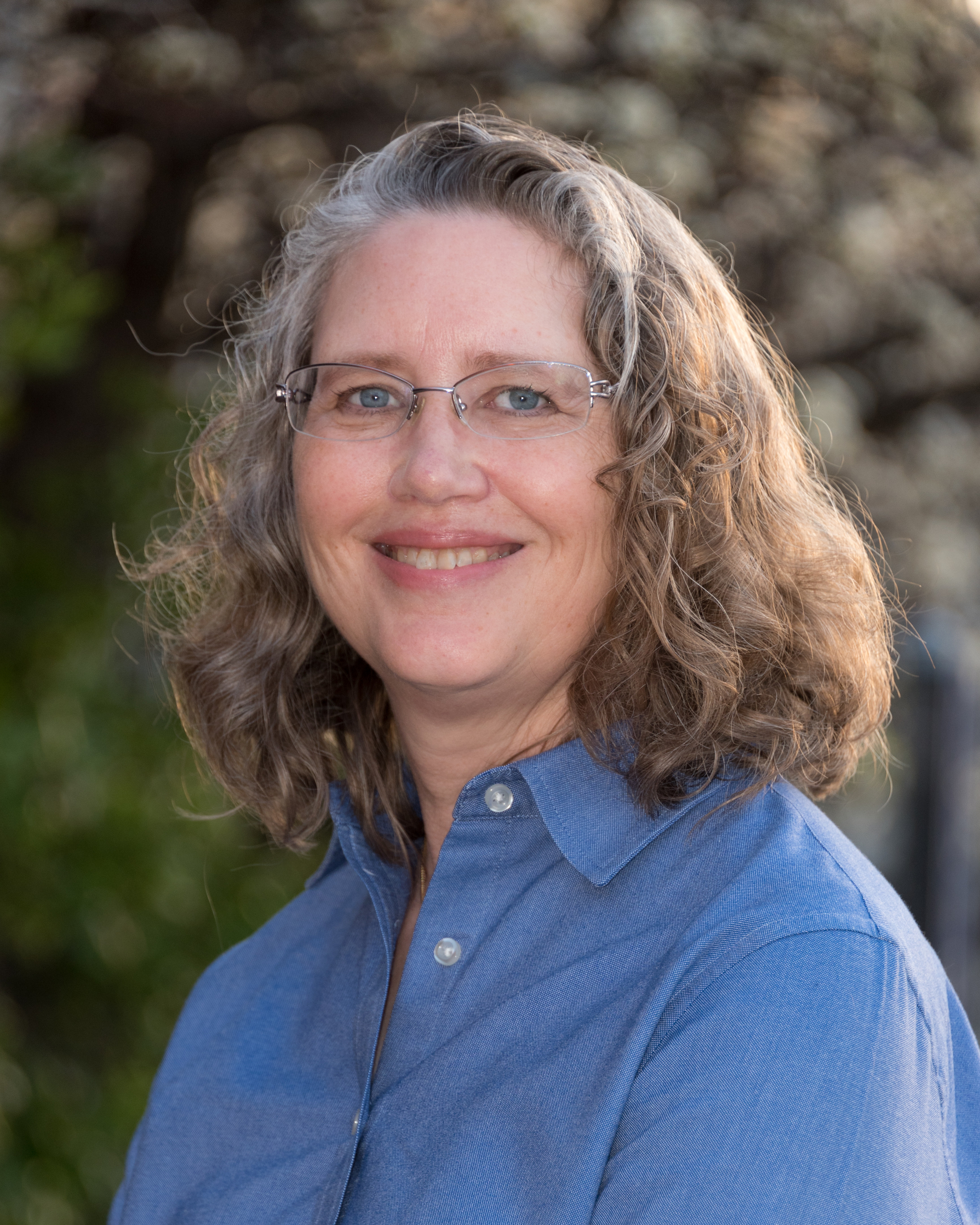A couple of weeks ago I was going through a presentation for a couple dozen people, and I mentioned I’m Jewish. I was surprised when the reaction included more than a few gasps. I wondered what they were thinking. This was in a city on the main freeway between San Francisco and Sacramento, so it’s not like we were in some place where Jews are unheard of.
Did it mean they had never knowingly met a Jewish person before? Were they surprised because I didn’t fit some stereotype they have of what Jewish people look, dress, or act like? Were they surprised that I would say such a thing out loud?
Needless to say, it wasn’t an appropriate venue in which to voice those questions out loud, nor to seek answers to them. I certainly didn’t (and still don’t) have a close enough relationship with them to expect entirely frank answers, in any case.
It did remind me, however, of the interesting place held by minorities whose differences are not apparent at first glance. Unlike some other types of minorities, we can – and often do – make decisions about when, and when not, to “out” ourselves. It’s one of the things we Jews have in common with those in the LGBTQ community.
I remember many years ago I conversation I had with a gay colleague, who was telling me how great it felt to be at the ” title=”Fisherman’s Wharf in Monterey, CA” target=”_blank”>Fisherman’s Wharf.
It just so happens that I’m allergic to fish. It’s God’s little joke that I’m only allergic to “regular” fish, not to shellfish. So, in a nutshell, if it’s kosher fish I’m allergic, and if it’s treif I’m not. So there I was, in a seafood restaurant, not eating “regular” fish because I’m allergic, not eating shellfish because it isn’t kosher, and saying, “No, thank you” to the bread because it’s Passover. Do I explain to the guy why I’m eating chicken, and little else, in a seafood restaurant, or do I just let it pass unless he asks?
A similar situation happened while I was at dinner as part of the interview process for the job I now hold. I was eating pasta with red sauce, and the vice president’s wife was next to me eating pasta with green sauce. “Look,” she said, “together we make Christmas!” I thought about mentioning I’m Jewish, but wondered, briefly, if it would hurt my chances of being hired. Then I thought, “If they’re the kind of company that doesn’t want Jews around, I’d rather find out sooner rather than later,” so I spilled the beans.
Her response was, “Oh, you’re in a mixed marriage, too!” To this day I don’t know whether she was referring to the fact that she’s Catholic and her husband isn’t, or whether she was commenting on the fact that she’s black and he’s white. Either way, I knew I was going to be okay.
Although I’ve had such positive experiences with “coming out” as Jewish, those gasps I heard in the training class give me pause. What do they mean? What were they thinking? Will there be a time when declaring my Judaism will result in something worse?
————-
“Like” the ” title=”@SusanBarnesRnR” target=”_blank”>@SusanBarnesRnR























 More news and opinions than at a Shabbat dinner, right in your inbox.
More news and opinions than at a Shabbat dinner, right in your inbox.